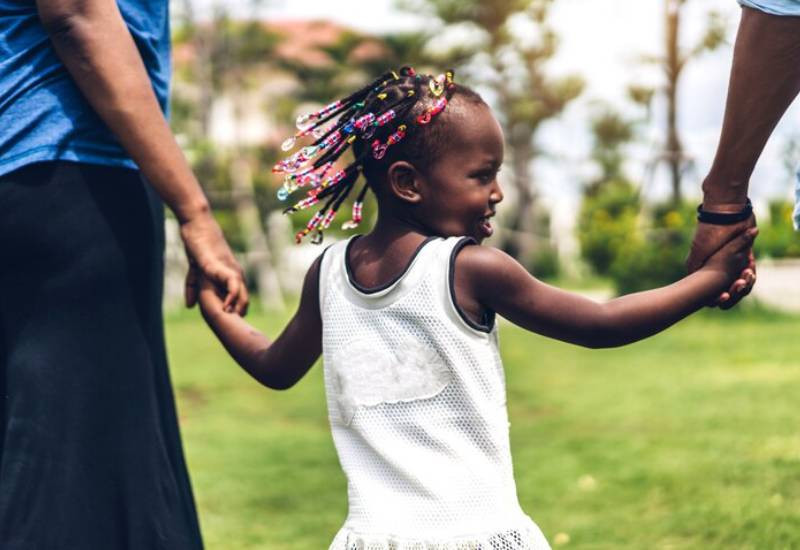
The most obvious characteristics of the newborn baby is her complete dependence on her parents. Because dependent childhood lasts very long, many parents wrongly expect the rewards of parenthood-the love of child for parent, the sharing in the child’s life, the control of the child’s activities-to last forever.
They certainly acknowledge their children will grow up, and eventually live their own lives, but they know this only on a theoretical level. Often they are emotionally unable to accept it.
Due to the unwillingness to surrender the pleasures of caring for the very young, these parents are oblivious of the reality- that the first tentative steps towards adult independence are taken very early.
When a baby gets up on her feet and walks away from her mother’s side, she makes her first stumbling efforts towards independence. She then continues making her slow move away from total dependence to freedom as an individual.
At puberty, this blossoms into a burst of desire for independence
The young adolescent is an uneasy mixture. On the one hand, her entire being is crying out for independence: she wants to think for herself, feel for herself, and do for herself as and when she wants to. On the other hand, she just can’t cope with the complexities of life without her parents’ love and help to guide her.
She wants to stand free, but to have somewhere to run back to in time of stress. This is where problems arise with parents. Difficulties in dealing with adolescents are partly due to the parents’ inability to understand the child’s obstructive behaviour.
If the parents did not stand in the child’s way then her behaviour would not be obstructive.
This doesn’t mean that the best way to cope with a child’s demands for independence is to give way to them all the time, never to stand firm against her. Many parents make this mistake.
One way in which a child learns how to judge her own abilities is by pitting herself against resistance. A muscle grows by straining against weight and mass. The personality grows in the same way.
Guidelines
• Make sure you’re not underestimating your child. It is all too easy not to notice how much the child has developed in a few short months. The child who could not really travel unaccompanied during August school holidays may be perfectly well able to do so by the December holidays. Before saying ‘no’ to a child’s specific wish, make sure you have really thought about her capabilities.
• Examine your own prejudices. We all have them but some are less valuable than others. When a parent objects to a child listening to reggae music, is it because she feels there’s something intrinsically bad about reggae, or because she simply dislikes it herself. Probably the latter, which means she is wrong to try to stop her child. The child has her interests, and she is perfectly entitled to enjoy them.
• Ensure you use the parental veto sensibly. It may be reasonable during a child’s young years to say, ‘No-and it is not because I say so.” It certainly isn’t good enough to say this to the oldest child. She needs reasons. If a 15-year-old girl wants to wear lipstick for a party, and your first response is to say ‘No’ it is reasonable for the girl to want to know why. Is it because you, her mother, dislike seeing her grow up, because you want her to be your little girl still? If so, it’s not good enough, but if she wants to wear it to go to an unsupervised all-night party then your refusal may be perfectly legitimate-she just is not ready yet to cope with the sort of situation that may arise.
This gradual letting go of a child is a vital part of good parenthood. The less a parent forces her will on her child, the more quickly the child will turn to her when she needs her.
photo:www.disneybaby.com
 The Standard Group Plc is a multi-media organization with investments in media platforms spanning newspaper print
operations, television, radio broadcasting, digital and online services. The Standard Group is recognized as a
leading multi-media house in Kenya with a key influence in matters of national and international interest.
The Standard Group Plc is a multi-media organization with investments in media platforms spanning newspaper print
operations, television, radio broadcasting, digital and online services. The Standard Group is recognized as a
leading multi-media house in Kenya with a key influence in matters of national and international interest.










